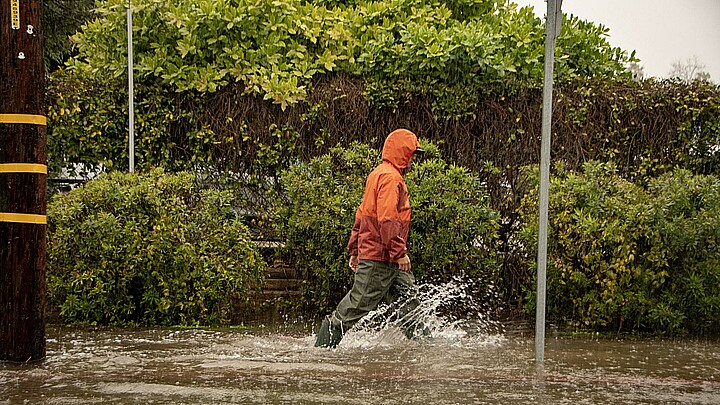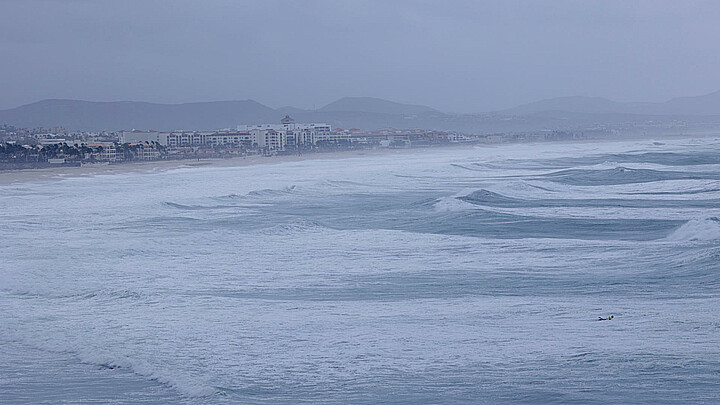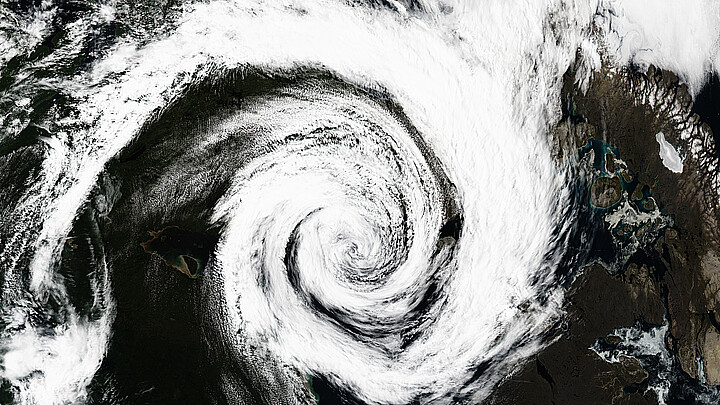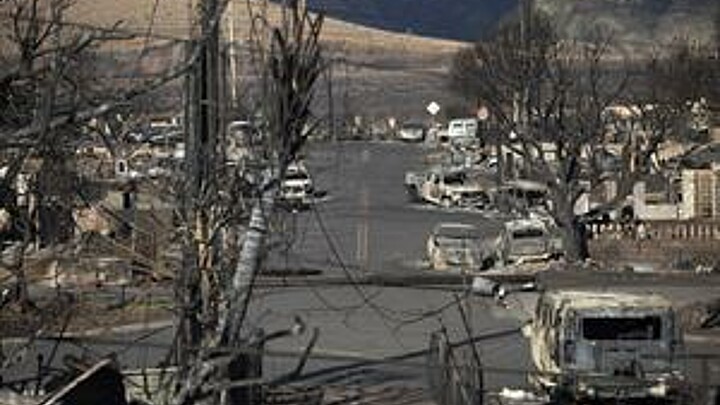Climate
California to enforce water restrictions amid drought
Around 6 million residents will have to limit their outdoor watering
May 5, 2022 4:24pm
Updated: May 5, 2022 5:08pm
California residents will face strict water restrictions to ensure enough water as the state suffers severe droughts, Southern California officials announced.
Around 6 million residents will have to limit their outdoor watering to once a week to ensure that there is enough water for drinking, cooking, and flushing toilets, according to Al Jazeera.
The restrictions imposed by the Metropolitan Water District of Southern California, which serves people in Los Angeles, Ventura, and San Bernadino counties, will be the largest in the department's history.
“This is the first time we’ve said, we don’t have enough water [from the Sierra Nevadas in northern California] to last us for the rest of the year, unless we cut our usage by 35 percent,” said the district’s general manager, Adel Hagekhalil.
“We don’t have enough water supplies right now to meet normal demand. The water is not there,” Metropolitan Water District spokesperson Rebecca Kimitch said. “This is unprecedented territory. We've never done anything like this before."
About 40% of California’s population gets its water from the Colorado River and the State Water Project. However, dry conditions have lowered the water levels in the river and reservoir.
A drought as severe as the “megadrought” that the state is going through has not been seen in the last 1,200 years. The first three months of 2022 were the driest month in the state’s history in terms of rainfall and snowfall, according to Kimitch.
On a regular year, the snow built up on the Sierra Nevada gradually melts and replenishes the water reservoirs. Usually, the snowmelt provides about 30% of the state’s water, according to the Department of Water Resources. However, this year’s snow build-up was only 4% of its average for April.
California Governor Gavin Newsome is also asking people to voluntarily reduce their water consumption by 15% for the state to suffice everyone’s water needs.
“This is real; this is serious and unprecedented,” Hagekhalil added. “We need to do it, otherwise we don’t have enough water for indoor use, which is the basic health and safety stuff we need every day.”










